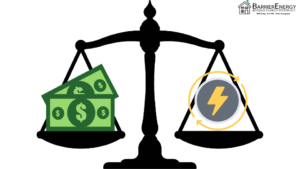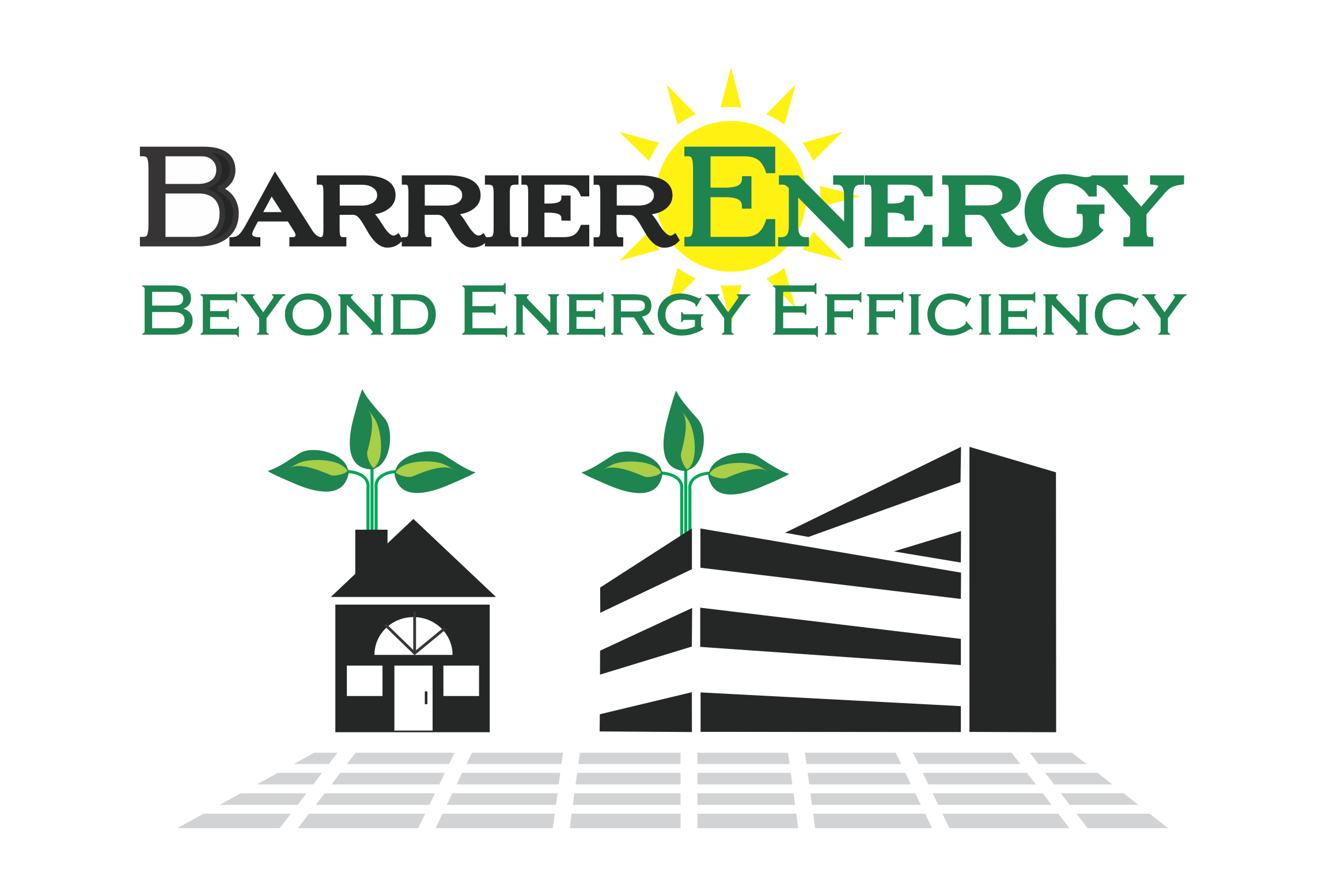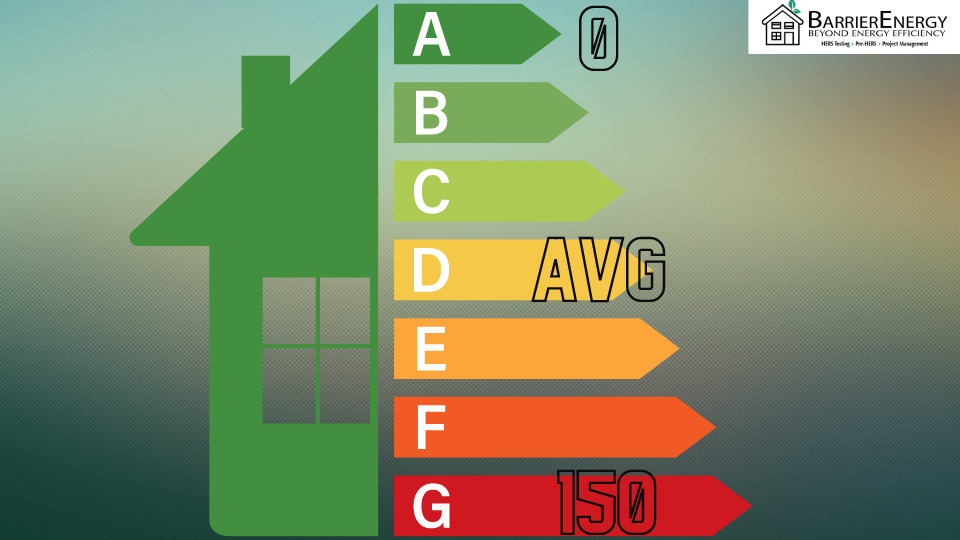What is the HERS Index?:
Firstly, HERS stands for Home Energy Rating System. RESNET, or Residential Services Energy Network, created the index to become a federally recognized method of measuring and reporting the energy efficiency of buildings. HERS Raters have “scored” over a million buildings across the U.S. Every year, those numbers are growing exponentially. Of course, California is on the radar in terms of the volume of ratings in a single state. That’s largely due to the California Energy Commission’s energy mandates on new and altered construction. Other states leading the way include Texas, Florida, Arizona, and North Carolina. RESNET, which helps certify Raters nationally, states “The average HERS Index Score in 2020 was 58. This is 42% more efficient than a home built as recently as 2006.” Progressively, HERS Rating improves the efficiency of construction over time.
The Home Energy Rating System
The HERS Index scores efficiency on a scale of 0-150. A lower score indicates less energy being used, starting with 0, which is Zero Net Energy. ZNE buildings produce all the energy they consume. Contrastingly, a higher score correlates with more energy waste. Typically, older homes have worse scores unless they’ve been upgraded. To give you an idea, average new structures built to code score around 100. EPA-certified homes must meet a score of 70. More optional certifications include Zero Energy Ready and LEED, at a rating of 45.
In California, the CEC governs energy ratings by state law through Title 24 Codes. Likewise, a builder or installer can use energy rating to achieve Building Code Standards, through the performance path. Although the owner must meet minimum scoring standards, going beyond that can be even more beneficial. After all, homeowners can weigh their options to decide what the best investment is for them.
 How the HERS Index Protects Owners and Buyers:
How the HERS Index Protects Owners and Buyers:
HERS Raters inspect energy-consuming features and systems of buildings in precise, mathematical detail. Foremost, they collect data on all components such as HVAC (Heating, Ventilating, Air Conditioning), plumbing, insulation, windows, and more. Next, they translate their findings into energy reports, using complex equations. Finally, technicians submit these forms to building authorities. Their purpose is to confirm that construction occurs within energy efficiency code standards, exclusively. Think of the HERS Index as a Credit Score, or a CarFax report. Effectively, it solidifies the total value of the structure by clarifying its energy history. That way, purchasers and owners know the value of what they have.
Value Proposition:
Efficiency elevates and maintains the value of properties over time. For one, it prevents deterioration of the HVAC and other systems. On the other hand, less energy usage equates to lower bills. Utility bills are essentially the biggest expense for owners, next to the mortgage itself. In support, RESNET found “2020 HERS-rated homes will net over $223 million in annual energy bill savings…” Thusly, energy-efficient properties tend to have higher resale values. Buyers are willing to pay a lot more when savings are guaranteed. As such, the HERS Index provides an accurate estimate of a building’s return on investment. Conclusively, the higher the HERS scoring means the higher the value proposition.
Another key topic I’d like to bring to your attention is making money from selling energy back to the utility. Homes in CA that are rated as ‘net positive‘ can participate in what’s known as net metering. This is a statewide program for buildings that make more energy than they consume. What a simple investment with a great return!
HERS Raters & Energy Audits
In order to provide an accurate HERS rating, first, the Rater must perform an Energy Audit. After the inspecting technician analyzes their findings, their comprehensive report will recommend what improvements should be made. Thereupon, they can administer an official energy efficiency rating, using the HERS Index. So, make sure to get your property HERS Rated to reach its’ maximum value potential!
Thanks for sticking around. We believe the HERS Index protects owners and builders, alike. Please, contact us for a free estimate and see how much efficiency can help you save. Now, BarrierEnergy invites you to follow our blog for more helpful information, tips, and news.



Recent Comments